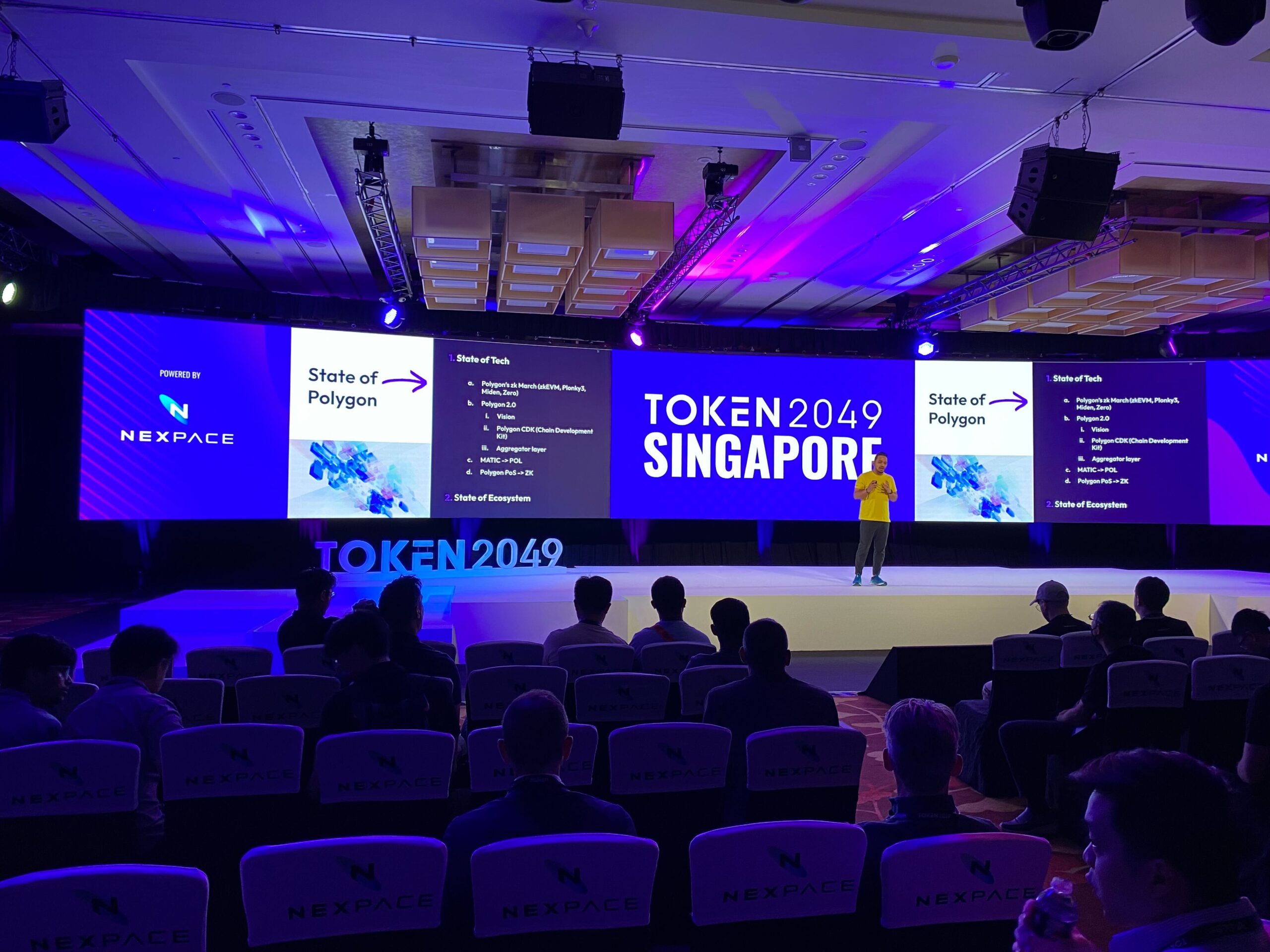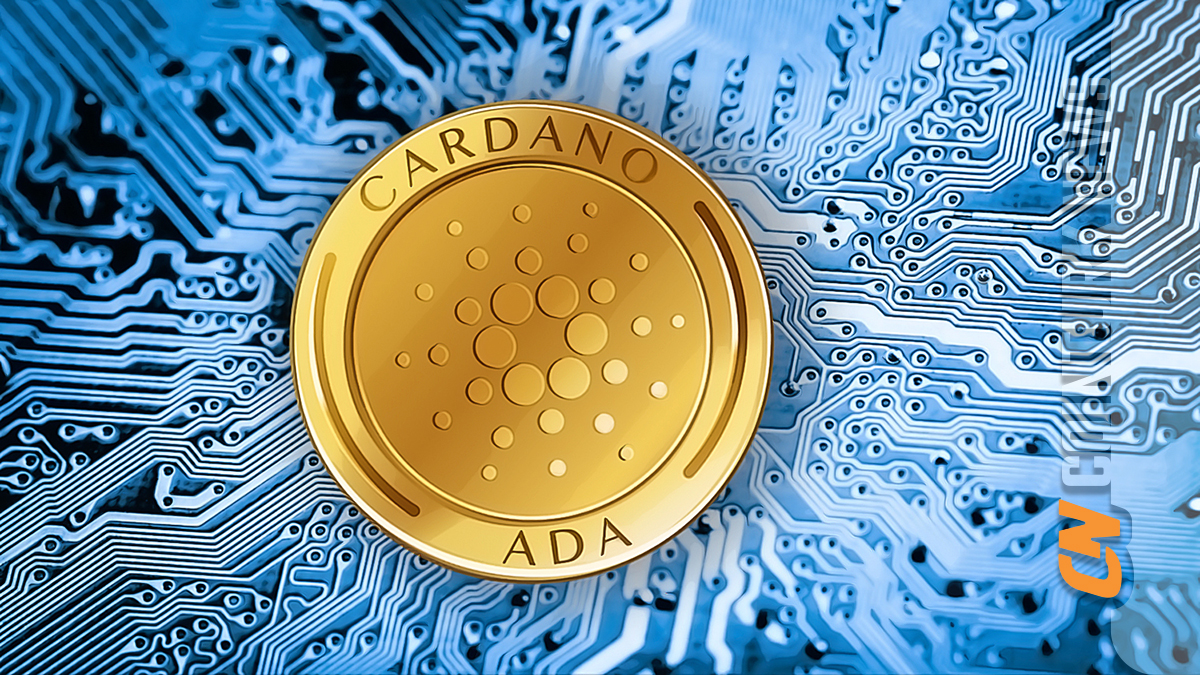Polygon co-founder Sandeep Nailwal believes in the benefits of allocating $1 billion to develop zero-knowledge (ZK) proof supported scaling solutions for the Ethereum ecosystem. Polygon aims to bring faster and more cost-effective smart contracts and decentralized applications to the Ethereum ecosystem through ZK-Proof technology. This provides Ethereum developers with a wide range of scaling and customization opportunities.
Nailwal Reveals Future Plans
Speaking at the opening speech of the Token2049 conference held in Singapore, Nailwal mentioned the promise of self-referential ZK-proof technology to develop Polygon 2.0 scaling efforts and create a seamless interoperable blockchain ecosystem.
Nailwal emphasized how similar Web2 and Web3 are in terms of form and function, highlighting that Web3 not only serves as the internet of information with virtually unlimited scalability, but also has the ability to seamlessly transfer or transmit information in various forms worldwide at high speeds. Nailwal emphasized the importance of a collector or interoperability layer that combines different chains into a common ZK-proof layer to take advantage of the features that make Web3 the internet of information.
“Once these two technologies are introduced in the Ethereum ecosystem, we will have a mechanism with a global status quo on Ethereum, and then all kinds of liquidity can move across the chain without coming to Ethereum.”

We Need a Larger Ecosystem
Nailwal expects the key to this collector layer, which is expected to be operational in the coming months, lies in self-referential ZK-proofs technology. This technology will allow different blockchain network states to refer to ZK-proofs blocks, and the collector will send a sample of this aggregated data to the Ethereum network.
“Our goal is to eventually reduce this proving to probably two seconds. So every chain is sending a data about what’s happening in its ecosystem or chain to this collector every two seconds.”
The Polygon co-founder believes that interchain transactions can be completed within four to five seconds, which is one-third of the Ethereum block time, and this will make it feel like a single large block space. Nailwal highlighted the potential benefits of high liquidity chains such as zkEVM and proof-of-stake chains adding value to applications and expressed the interest of larger Layer-1 blockchain platforms in an interoperable ecosystem:
“Anyone can join this ecosystem, and it’s a mutually beneficial move because everyone benefits from each other’s liquidity.”
Polygon’s beta version of zkEVM was deployed on the mainnet in March 2023, enabling developers to use smart contracts and decentralized applications that benefit from faster performance and lower costs compared to the Ethereum ecosystem. The company also recently released the Chain Development Kit, which allows developers to create, customize, and deploy Layer-2 chains connected to the broader Ethereum ecosystem.

 Türkçe
Türkçe Español
Español









